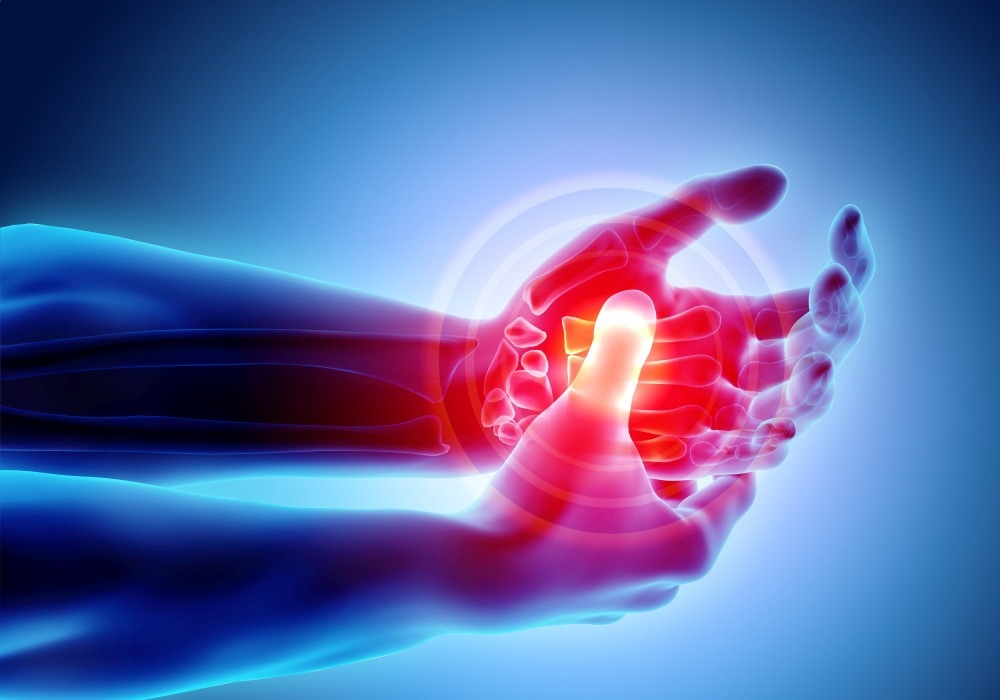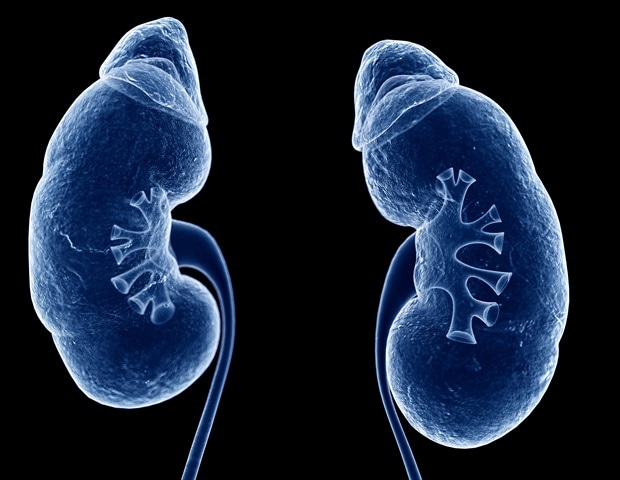In a assessment printed within the Rheumatology Advances in Apply magazine, researchers analyzed information at the affiliation between intestinal microbiome dysbiosis and rheumatoid arthritis (RA).
Find out about: The function of the microbiome in rheumatoid arthritis: a assessment. Symbol Credit score: MDGRPHCS/Shutterstock.com
Contents
Background
The human microbiome incorporates more than a few bacterial, fungal, viral, and different microbes. Dysbiosis of those microbes because of nutrition, antibiotic use, pathology, or fecal microbiota transplantation (FMT) would possibly regulate the frame’s protecting immune responses.
Research have reported a bi-directional affiliation between the intestinal microbiota and the immunological device. The results of increased counts of pathogenic microbes and diminished counts of recommended microbes had been related to autoimmune problems.
RA, an autoimmune illness, is characterised by means of immunological destruction of the self, presenting with irritation and joint ache. Microbial alterations had been reported in RA pathogenesis; alternatively, information at the microbe kind and their explicit contributions to RA construction are restricted.
Concerning the assessment
Within the provide assessment, researchers reviewed current information, together with murine research and human scientific trials, to discover the contribution of intestinal microbiota in RA construction.
An information seek was once carried out on January 14, 2021, the use of the PubMed database for English data, together with their references, at the affiliation between the intestinal microbiota and inflammatory-type joint problems, printed between 2010 and the date of the knowledge seek. The staff recognized 16 related human research and 6 murine research.
Murine research comparing the contribution of intestinal dysbiosis in rheumatoid arthritis
Mice colonized with a Prevotella-dominant microbiome from rheumatoid arthritis sufferers led to dendritic cellular stimulation, increased T helper 17 (Th17) manufacturing, and higher interleukin (IL)-17, 23 ranges within the gut, and impulsively precipitated arthritis.
Interleukin-1 receptor antagonist protein (IL-1RN) knockout (KO) mice evolved autoimmune T lymphocyte-mediated arthritis, with higher Helicobacter abundance and decrease Ruminococcus abundance, and increased Th17 percentage.
Lactobacillus bifidus monocolonization led to speedy RA induction. Tobramycin remedy considerably advanced the arthritic situation, getting rid of Helicobacter species.
Inoculating segmented filamentous micro organism (SFB) reinstated Th17 proportions, inducing arthritis in mice. Important alterations in sticky label microbiome variety and composition had been seen in collagen-induced arthritis (CIA) mice earlier than visibly obvious arthritis, with intestinal irritation and barrier impairment.
Lactobacillus management diminished the expression of pro-inflammatory cytokines similar to tumor necrosis factor-alpha (TNF-α), IL-17, and helper T-17 lymphocyte percentage and higher the expression of anti inflammatory cytokines similar to interleukin-10 and regulatory T (Treg) lymphocyte proportions, decreasing RA occurrence and symptom severity.
Collinsella aerofaciens will increase intestinal permeability in RA murine fashions by means of decreasing tight junctional protein expression, expanding the expression of inflammatory chemokines similar to C-X-C motif chemokine ligand (CXCL)-1, -5, and activating the nuclear factor-kappa B (NF-κB1) pathways.
Microbiome imbalance precipitated Th17-dominant mucosal irritation amongst genetically inclined T lymphocytes, ensuing within the activation of B lymphocytes and the manufacturing of autoantibodies that input the flow and migrate to the joints, contributing to RA construction.
Medical trial findings at the affiliation between the intestine microbiome and Rheumatoid Arthritis
Medical trials had been carried out to evaluate the connection between the intestinal microbiota and RA, the use of 16S ribosomal ribonucleic acid (rRNA) sequencing and shotgun metagenomic sequencing, offering complicated, inconsistent, and intensive proof.
Prevotella copri over-abundance in preliminary RA circumstances and Collinsela and Lactobacillus species proliferation in RA was once reported by means of maximum research.
Prevotella copri derived peptides bind to the human leukocyte antigen-DR isotype (HLA-DR) and induce T helper 1 (Th1)-mediated irritation in preliminary RA, with immunoglobulins (Ig)-G, A focused on P. copri detected within the preliminary and established levels of RA.
Anti-P. copri antibody titers had been related to Th17 cytokine expression and anti-citrullinated protein antibody (ACPA) titers. P. copri DNA was once detected in synovial fluid samples of RA sufferers. P. copri antigens structurally resemble N-acetylglucosamine-6-sulfatase-a rheumatoid arthritis-citrullinated auto-antigen, inducing B and T lymphocyte responses.
Additional, research reported a reduced abundance of butyrate-producing micro organism similar to Faecalibacterium and Roseburia species in RA sufferers. Oral Lactobacillus management has diminished IL-6-mediated irritation in people.
The intestinal microbiota composition may well be used as diagnostic and prognostic biomarkers. Alloprevotella counts undoubtedly correlate with rheumatoid aspect, C-reactive protein (CRP), and erythrocyte sedimentation price (ESR) values.
IL-17A and TNF-α ranges undoubtedly correlate with Gammaproteobacteria, Klebsiella, and Enterobacteriaceae counts and negatively correlate with Bifidobacterium counts. Collinsela, Akkermansia, and Euryarchaeota species abundance undoubtedly correlate with RA task. Hemophilus counts negatively correlate with serological antibody titers.
Conclusions
In line with the assessment findings, the intestinal microbiome is significant for immunological activation and RA construction. Intestine dysbiosis precedes arthritis and native irritation, resulting in systemic irritation amongst genetically predisposed people.
Microbiota imbalance contributes to RA pathogenesis by means of Lactobacillus– and Prevotella copri-mediated irritation, Prevotella copri-mediated molecular mimicry, and Collinsella-mediated lack of intestinal barrier integrity.
On the other hand, additional analysis, together with longitudinal tests and bigger pattern sizes, is needed to fortify figuring out of the mechanisms of microbe-associated immunological responses and get to the bottom of the microbiota’s healing possible for minimally invasive healing interventions, comprising nutritional adjustments and probiotic supplementations.
Supply By way of https://www.news-medical.web/information/20230406/Exploring-the-gut-microbiomes-role-in-rheumatoid-arthritis-pathogenesis.aspx




